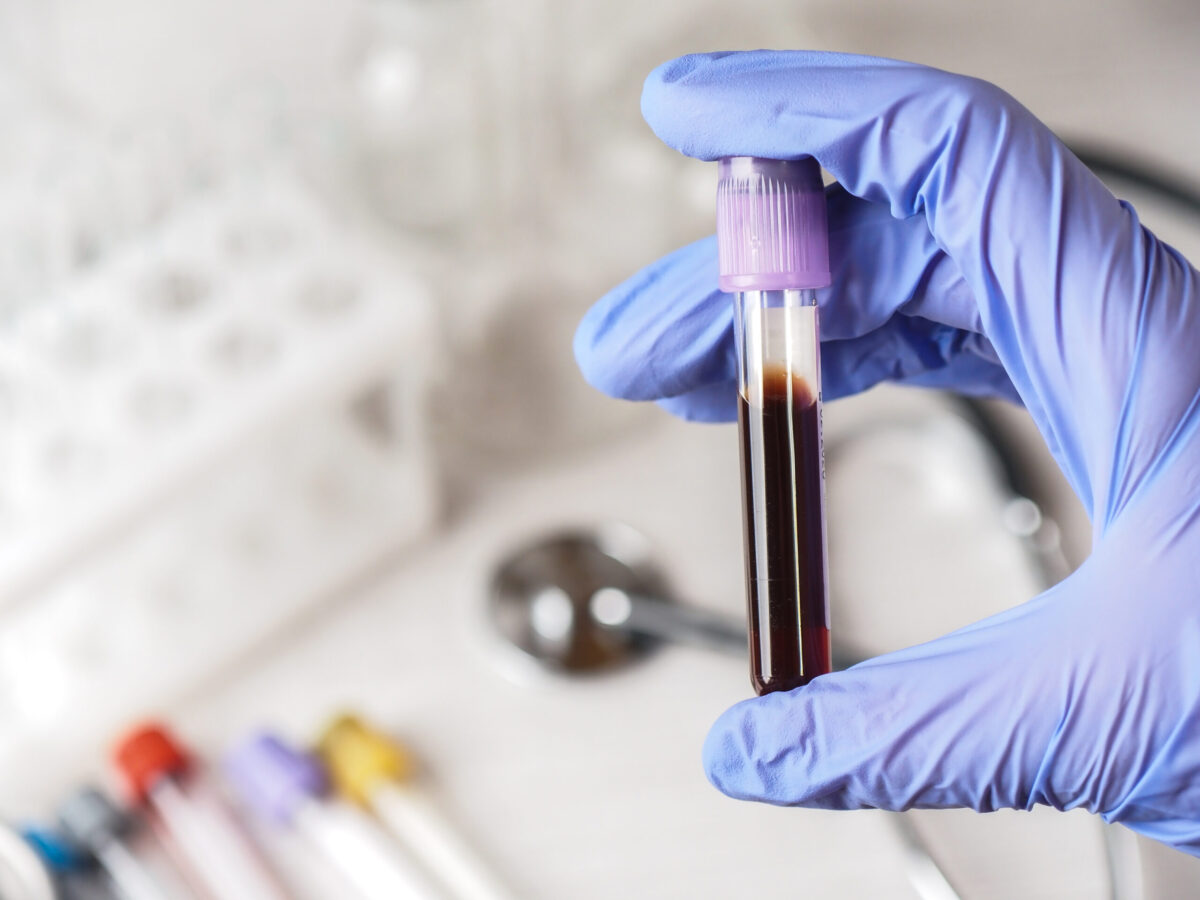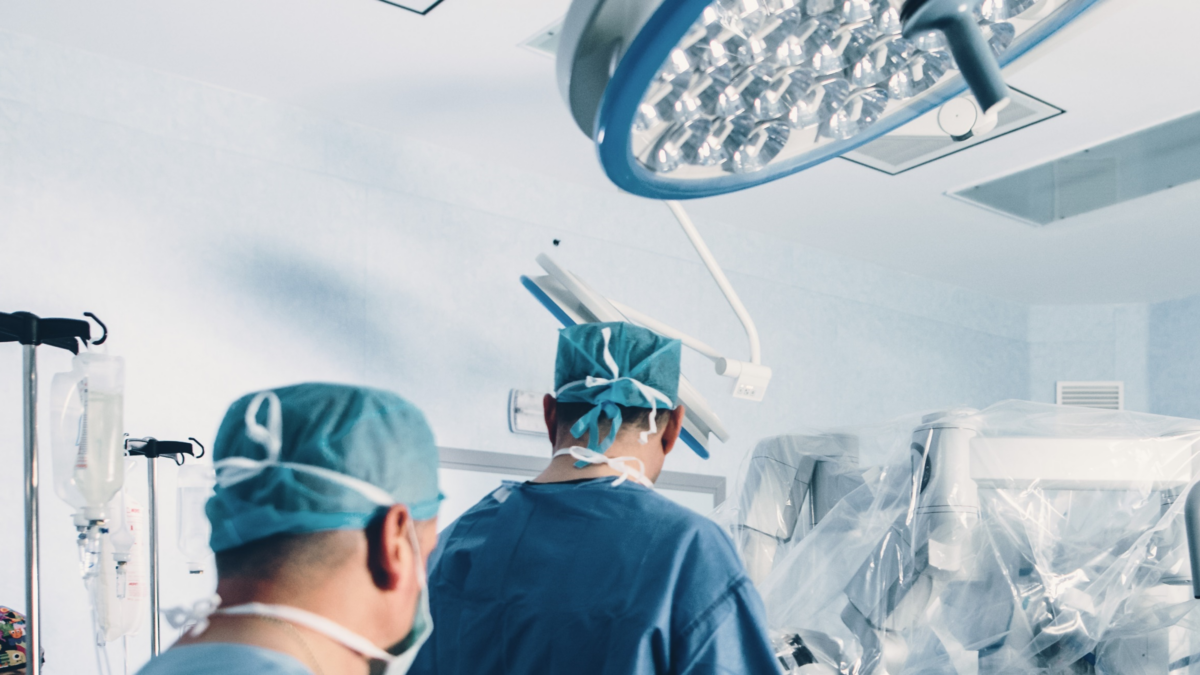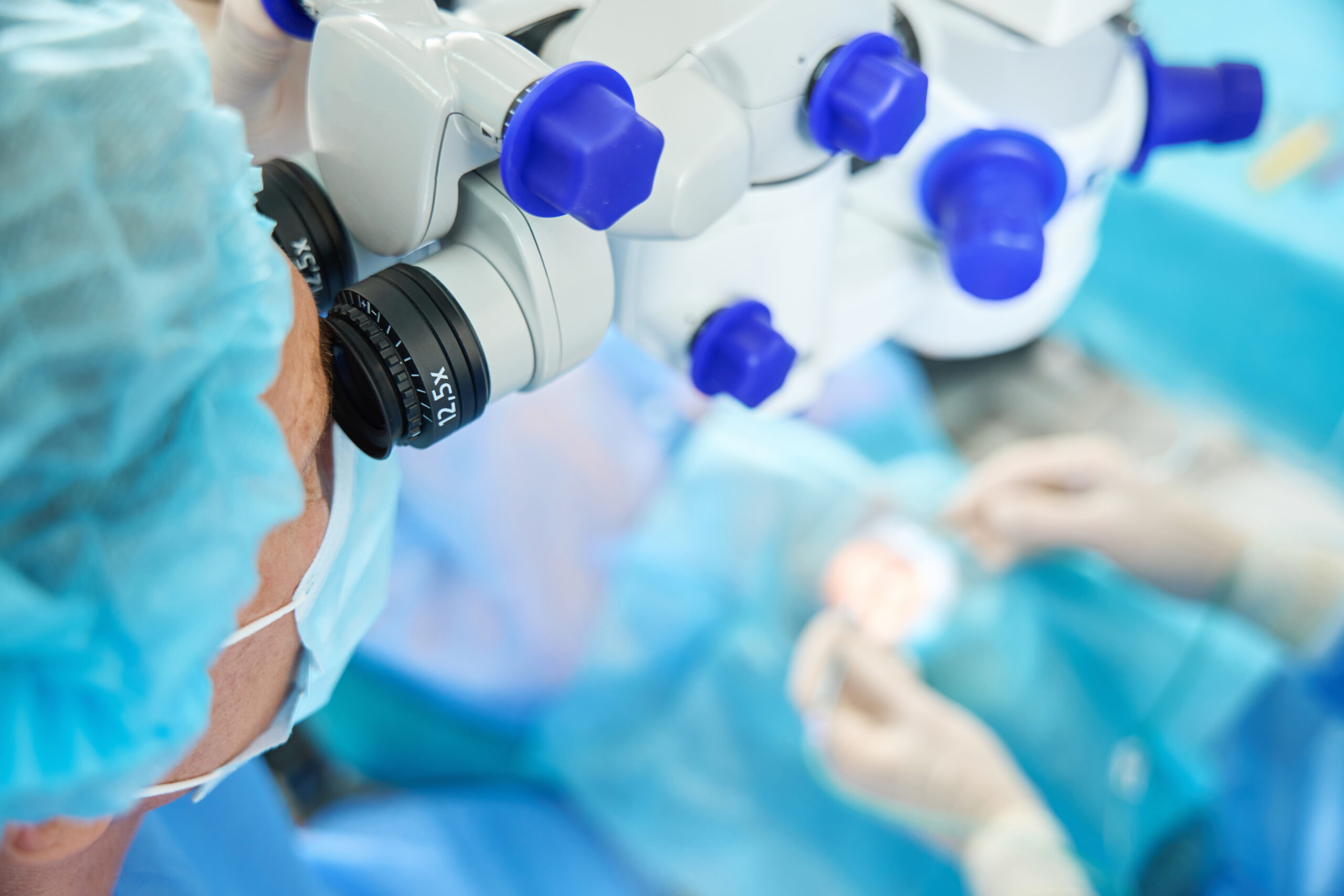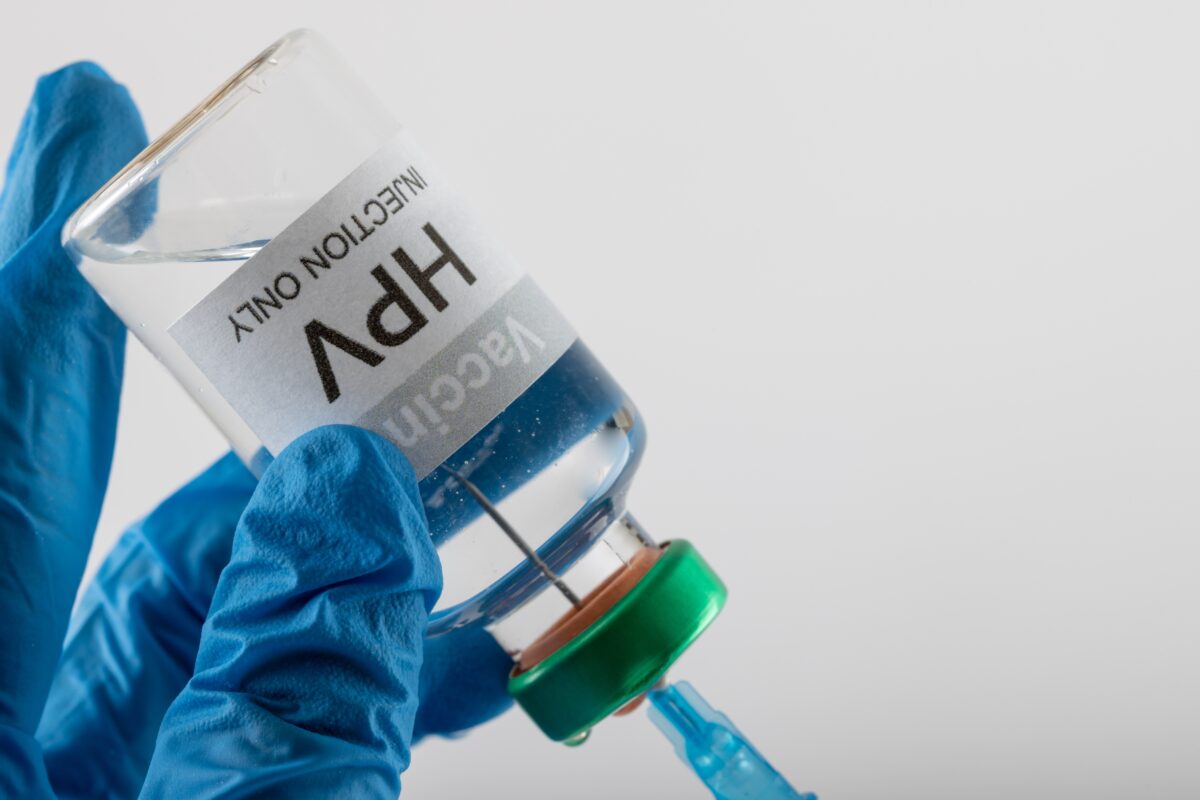Colonoscopes and other gastrointestinal devices are rigorously cleaned between procedures, however a new study has found that these practices may not be enough to remove contaminants such as bacteria and other biological material. According to the authors of the study – which was published in the American Journal of Infection Control – microscopic scratches and dents in these medical devices can allow for the growth of bacterial biofilms.
The researchers studied scopes manufactured by Japanese medical device maker, Olympus Corp., over a seven-month period. These gastroscopes and colonoscopies were routinely disinfected following current guidelines, however 12 of the 20 scopes in use tested positive for bacterial growth.
What’s more, 17 of the scopes were found to have significant scratches and dents, leading them to be returned to Olympus for repair. These defects not only allow for the multiplication of bacteria, but also cause blood and debris to accumulate.
“Physicians, other caregivers, hospitals and regulators should be paying keen attention to this issue, as patients have a right to assume that clean instruments are being used on them,” said Cori Ofstead, an epidemiologist in St. Paul, Minnesota, and the first author of the study.
In recent years, gastrointestinal scopes have been linked to a number of cases of antibiotic-resistant bacterial infections, some of which were fatal. While contaminated duodenoscopes have been implicated in the most of these cases of illness, the current study suggests users of other types of scopes may also be at risk.
Unlike other studies however, the bacterial species identified on the scopes by Ofstead and his colleagues were not drug-resistant. Still the study suggests that all health centers should be more vigilant when it comes to scope maintenance.
“The FDA continues to actively monitor challenges associated with reprocessing reusable medical devices and to look for ways to reduce the risk of infection with reprocessed endoscopes,” said Deborah Kotz, a spokeswoman from the US Food and Drug Administration (FDA). The agency has also encouraged hospitals to stop using any scopes that show signs of damage.












Join or login to leave a comment
JOIN LOGIN